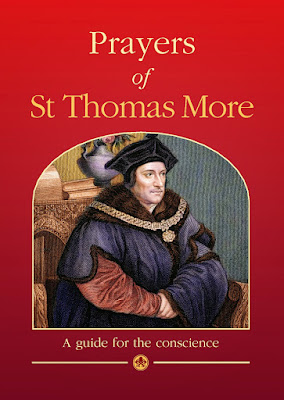Compared to my usual diet of scholarly articles and books, Newman’s writings stood out for what appeared to me as their meandering character. Unlike most contemporary works, Newman does not state upfront what he is going to say and then take the reader through the motions of a demonstration delivered blow by blow. He begins, instead, with a puzzle, or a question, that he brings before his audience; he unfolds his thinking slowly, almost searchingly, from his initial questions; he also frequently refrains from tying up his argument, leaving whatever he said simply to “air” with the reader.4
After overcoming my initial disorientation at a style that looks unsystematic––from the standpoint of contemporary academic standards––I started to notice a growing curiosity in me: not just for what Newman says, but precisely for how he says it. To be more precise: I noticed myself referring back to the experience of reading Newman’s texts in order to get a firmer hold on his understanding of how reason operates in the ordinary conduct of life. As I did that, I eventually retrieved within myself a freer, more meandering style of reasoning, not unlike that which Newman practices in his writing. In a way, reading Newman brought me closer to what it is to read a text: making space for it to breathe, for its images to resonate, for its metaphors to blossom into rich associations, and eventually, to witness a meaningful figure come into being by this slow maturation. . . .
Father Lamm's thesis is that in Newman's sermons given as Vicar of the University Church of St. Mary's the Virgin in Oxford, he had a special purpose. He wanted to give general spiritual direction to those students in his congregation who wanted to be REAL Christians, who wanted to pursue holiness and perfection in the spiritual and moral life. Therefore, Father Lamm argues that Newman's spiritual legacy centers around these themes: what keeps us from becoming perfect (not considering grave, mortal sin) and what can help us become perfect as our Heavenly Father is perfect.
What Newman sees as keeping us from pursuing holiness and the realizing of God's Presence in our souls, according to Lamm, is our hypocrisy as we deceive ourselves about our spiritual state, deceive others, and attempt to deceive God. What will help us pursue holiness and the realizing of God's Presence is Surrender to God's Will through repentance, and the practice of a host of virtues, including love, faith, hope, obedience, and fervour, summed up as sincerity and simplicity--watching for God and developing the habit of prayer. . . .








